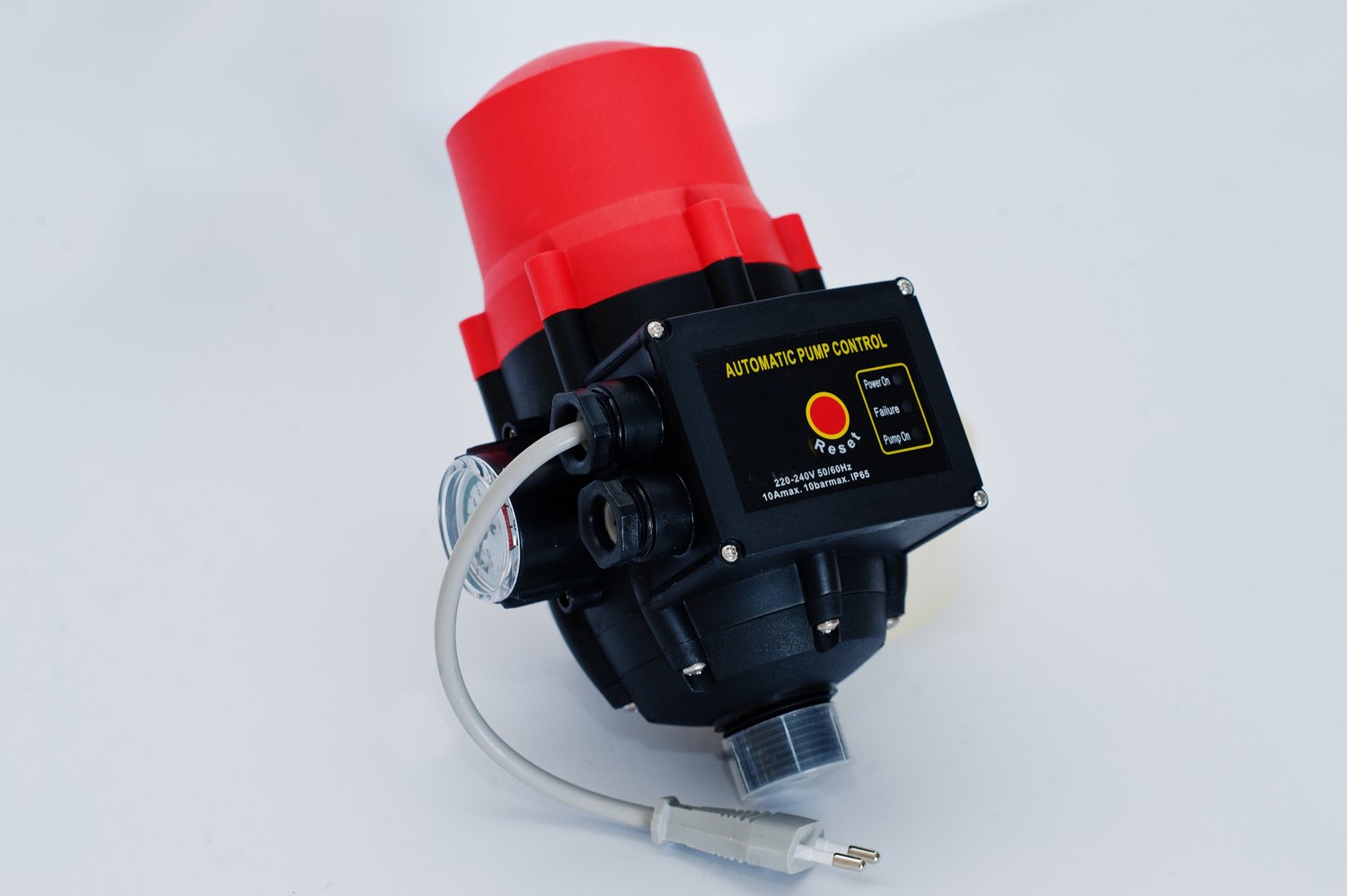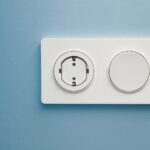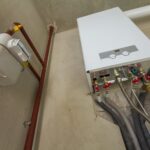Hot water recirculation pumps can be unsung heroes in our homes, delivering immediate warmth at the tap, but when efficiency falters and flow dwindles, they quickly turn into the root of frustration. Understanding the common issues these systems face is crucial for homeowners and property managers alike, as these problems not only impact comfort but also energy bills.
- Discover the main efficiency and flow issues that affect hot water recirculation pumps.
- Explore energy-saving techniques to optimize the performance of your hot water system.
- Learn how to tackle flow-related challenges for consistent and reliable hot water delivery.
- Uncover practical solutions that can transform your system’s efficiency and overall performance.
By diving into these solutions, you’ll gain the knowledge needed to enhance your hot water system, ensuring not only a more efficient operation but also energy savings over time. Continue reading to explore comprehensive insights and strategies that will revitalize the flow and efficiency of your hot water recirculation pumps.
Understanding Hot Water Recirculation Pump Issues: Efficiency and Flow Solutions
Hot water recirculation pumps are integral components in maintaining instant access to hot water throughout your home. However, several common issues can affect the efficiency and flow of these systems.
One primary concern is energy inefficiency. This can arise from the pump running continuously, leading to unnecessary electricity usage. An inefficient pump not only increases energy bills but also places additional strain on the system, potentially shortening its lifecycle.
Another significant issue is inadequate flow rates. This usually manifests as a delay in the delivery of hot water to certain fixtures, resulting in water wastage as you wait for the desired temperature. Factors contributing to poor flow can include improper sizing of the pump, blockages in the system, or incorrect installation.
By understanding these common challenges, homeowners and professionals alike can seek appropriate solutions to improve the overall performance of hot water recirculation pumps.
Improving Efficiency in Hot Water Systems
Enhancing the efficiency of your hot water system is crucial for reducing energy consumption and costs. One effective strategy is to install a timer, allowing the pump to operate only during peak demand times. This can markedly reduce operating hours, leading to energy savings.
Incorporating a smart control system is another excellent approach. Such systems can learn your household’s usage patterns and adjust the pump’s operation accordingly. This ensures that hot water is available when needed without unnecessarily running the pump around the clock.
Regular maintenance is also vital. Ensuring that your system is free from sediment buildup and properly insulated can help maintain optimal performance and prevent energy waste.
By employing these energy-saving techniques, you can make your hot water system more environmentally friendly and cost-effective.
Enhancing Flow for Better Performance
When it comes to hot water recirculation pumps, achieving an optimal flow rate is crucial for ensuring a consistent and reliable supply of hot water throughout your property. Inadequate flow can lead to prolonged waiting times and energy waste.
One effective way to enhance flow performance is to regularly inspect your pump and plumbing for blockages or mineral build-up. Hard water can often lead to deposits that hinder efficient flow, so consider installing a water softener if this is a frequent problem in your area.
Balancing the system is also vital. Ensure that your system’s valves are adjusted correctly, allowing hot water to circulate evenly throughout your network. Sometimes, a simple valve adjustment can drastically improve flow and efficiency.
Regular maintenance of the pump itself, such as cleaning the impeller and checking for any signs of wear, can also prevent flow disruptions. Consider consulting a professional if you’re unsure about performing these maintenance tasks yourself, as they have the tools and experience to address potential issues effectively.
Key Solutions for Hot Water Recirculation Pump Issues: Efficiency and Flow Optimization
Addressing hot water recirculation pump issues requires a combination of solutions that target both efficiency and flow. Implementing these strategies will enhance the overall performance of your hot water system.
Install a Timer: Utilizing a timer can significantly improve efficiency by ensuring your pump operates only during periods of high demand. This reduces unnecessary energy consumption, lowering your overall utility costs.
Upgrade to a Variable Speed Pump: Variable speed pumps can adjust their flow rates according to demand, providing optimized performance and greater energy savings compared to traditional constant-speed models.
Insulate Your Pipes: While focusing on the pump is important, don’t overlook the benefits of insulating your hot water pipes. This simple upgrade helps retain heat, reducing the cycle frequency of your pump and conserving energy.
Routine System Checks: Regular inspections of your system can preemptively identify potential faults before they escalate into major issues. Staying ahead of maintenance can keep both efficiency and performance at peak levels.
By implementing these practical solutions, you’ll not only resolve common hot water recirculation pump issues but also enhance the reliability and energy efficiency of your system.
FAQs on Hot Water Recirculation Pump Issues
What causes inefficiencies in hot water recirculation pumps?
Inefficiencies can be caused by
- improper pump sizing
- lack of insulation
- poor system design
.
How can I improve the efficiency of my hot water system?
To improve efficiency, consider
- installing a timer on the pump
- insulating pipes
- optimizing pump settings
.
What are common flow issues with recirculation pumps?
Common flow issues include
- airlocks in the system
- clogged valves
- inadequate pump power
.
How do I resolve flow consistency problems?
To ensure consistent flow,
- bleed air from the system
- regularly clean or replace valves
- upgrade to a more powerful pump if needed
.
Can a smart system improve my hot water recirculation?
Yes, smart systems can optimize pump operation, reducing energy usage by adapting to your household’s hot water demand patterns.





